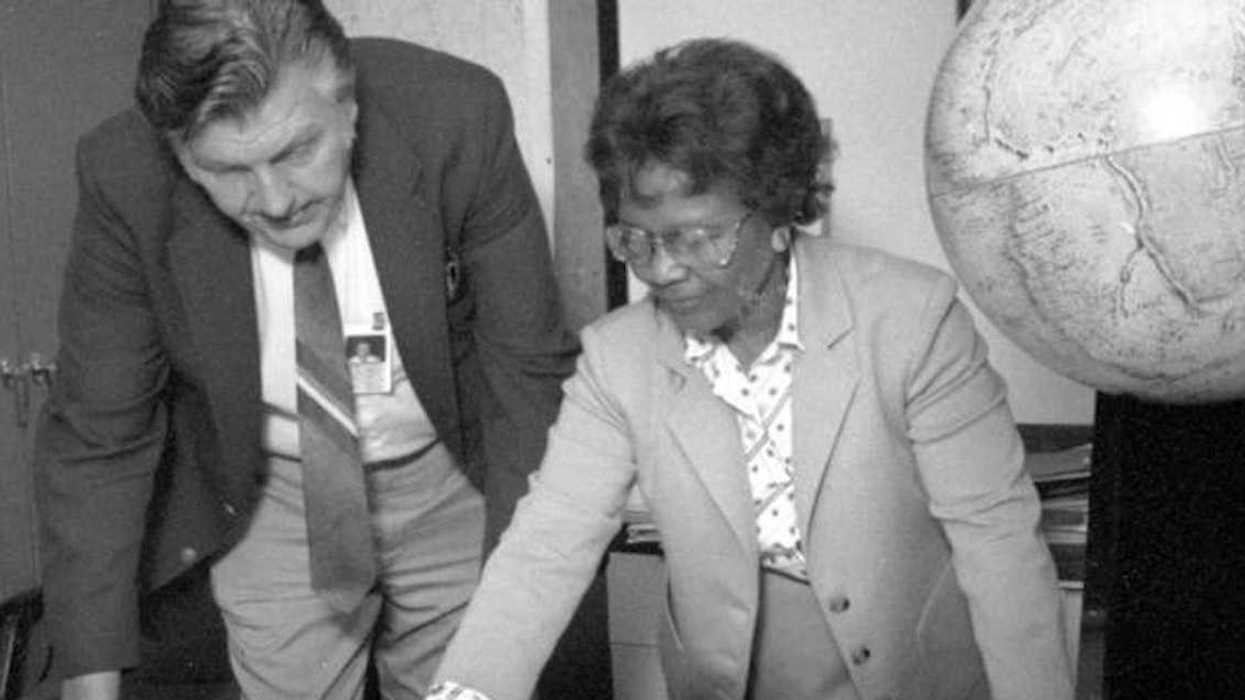The 21st century has been tough on men. There was the “mancession,” Hanna Rosin's provocative book, The End of Men, even Adam Carolla’s, In Fifty Years We’ll All Be Chicks. A recently published JWT survey found that 7 in 10 men in the U.S. and UK believe men are becoming less dominant in society. Yet society tends to overlook the challenges they face.
A majority of American and British men believe life in general is harder for men today than it was 30 years ago, our study found. Around 4 in 10 also say it’s harder to be a good husband and harder to be a good father. In fact, almost 8 in 10 men agree that “people are always talking about how difficult women have it, but things are just as hard for men.”
Things are only getting harder. The shift away from a manufacturing-based economy favors college graduates, and these days many more of those are women. In the U.S., women now earn 58 percent of bachelor’s degrees. In the U.K., some 80,000 more women than men applied to universities by this year’s January deadline, with the head of the Universities and Colleges Admissions Service observing, “We are beginning to look at men as looking more like the disadvantaged group and women looking more like the advantaged group.”
As women make strides in the professional arena, the cultural conversation is focused on whether they can “have it all,” a flourishing career and family. “Entirely lost in this debate,” argues writer Richard Dorment in the current issue of Esquire, “is the growing strain of work-life balance on men, who today are feeling the competing demands of work and home as much or more than women.” Indeed, with women more career-focused, men are having to juggle more domestic duties, both willingly and out of necessity.
Men see work-life balance as an issue that affects them equally: As many as 82 percent of men agree that “men face the same tough decisions as women do about how to balance career and family,” according to our research.
Fathers, however, face their own distinct challenges in this regard. For instance, more than two-thirds of men in our survey agree that “Employers assume men will be there, while women with children can put in less time because of their families.” And frequently family-focused male employees are at a disadvantage: Notes a University of Oregon sociologist in The Wall Street Journal: “There’s still a stigma associated with men who put parenting on an equal footing with their jobs.”
All this points to a counterintuitive but increasingly convincing notion that rather than focus on equal rights for women, we need equal rights for everyone—men included. What support mechanisms and policies would help male students, employees and family members better fulfill their potential? “Advocating for boys and men, however, is simply not done,” writes Esquire’s David Granger in his editor’s letter this month. “The idea that men have untold societal advantages is so firmly ingrained in the American psyche that to suggest otherwise is seen as offensive.”
Of course, a culture where male privilege is baked in hasn’t altogether disappeared (look no further than salary differentials), but ultimately women benefit too when it’s easier to find male partners who can do their fair share in supporting the family financially and emotionally. Certainly, men are trying.
Today’s male parents are “striving to be good workers, good fathers, and good men,” says Boston College’s Center for Work & Family in a new report. They may just need more help than we realize if they’re to succeed.
















 Otis knew before they did.
Otis knew before they did.